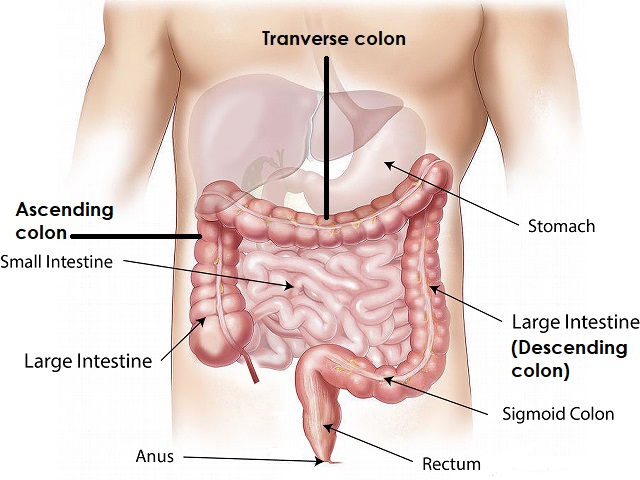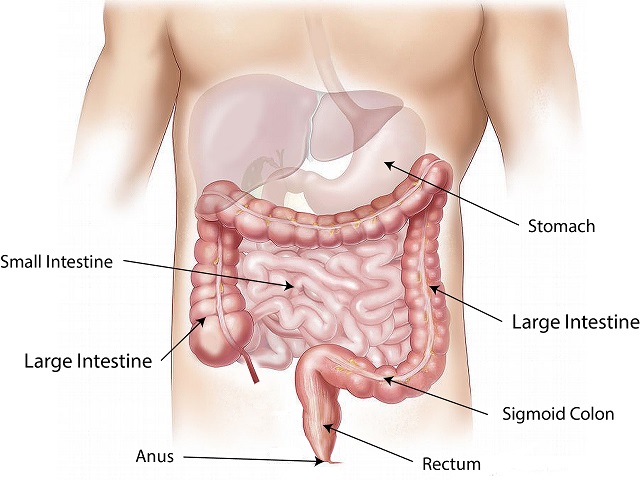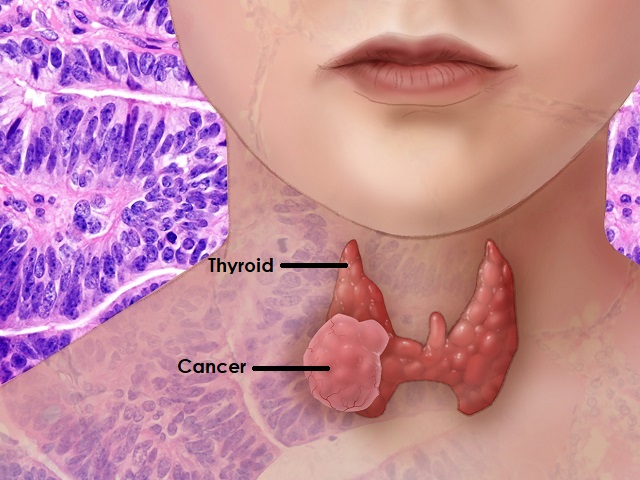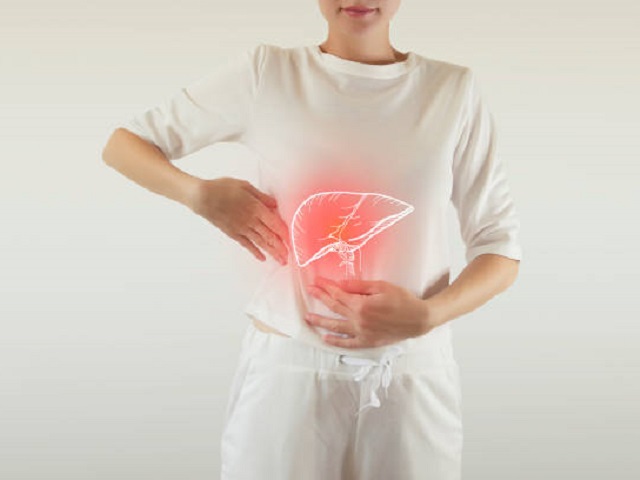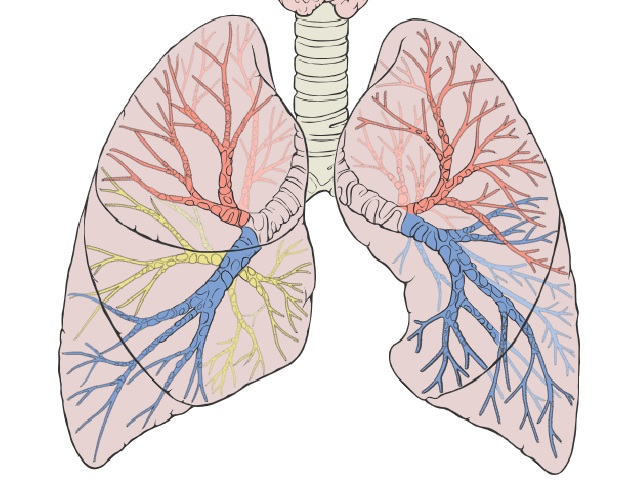9 Signs You May Have Lung Cancer -- Symptoms, Causes, Effects, Treatment and Prevention
Lung cancer is a malignant tumor that originates in the tissues of the lungs. It is one of the most common types of cancer and a leading cause of cancer-related deaths worldwide. Lung cancer occurs when abnormal cells in the lungs grow and multiply uncontrollably, forming a tumor. There are two main types of lung cancer: non-small cell lung cancer (NSCLC) and small cell lung cancer (SCLC). NSCLC is the most common type, accounting for about 85% of cases, while SCLC is less common but tends to grow and spread more quickly. Here is an explanation of lung cancer, along with its symptoms, diagnosis, causes, effects, treatment, and prevention:
Symptoms of Lung Cancer:
The symptoms of lung cancer may vary depending on the stage and type of cancer but can include:
- Persistent cough or changes in a chronic cough
- Shortness of breath or wheezing
- Chest pain or discomfort
- Coughing up blood or rust-colored sputum
- Fatigue and weakness
- Unintended weight loss
- Loss of appetite
- Hoarseness or voice changes
- Recurrent lung infections, such as bronchitis or pneumonia
Diagnosis of Lung Cancer:
The diagnosis of lung cancer typically involves a combination of imaging tests (such as chest X-ray, CT scan, or PET scan), tissue biopsy, and laboratory analysis. These tests help determine the presence of cancer, its type, stage, and potential spread to other parts of the body.
Causes of Lung Cancer:
The primary cause of lung cancer is tobacco smoke, including both active smoking and exposure to secondhand smoke. Other risk factors for lung cancer include exposure to environmental toxins (such as radon, asbestos, and certain chemicals), a family history of lung cancer, and certain genetic mutations.
Effects of Lung Cancer:
Lung cancer can have significant effects on a person's health and overall well-being, including:
- Spread to other organs (metastasis)
- Respiratory difficulties and decreased lung function
- Pain and discomfort in the chest
- Weight loss and muscle wasting
- Fatigue and weakness
- Emotional and psychological impact, including anxiety and depression
- Treatment of Lung Cancer:
The treatment of lung cancer depends on various factors, including the type, stage, and overall health of the individual. Common treatment approaches include:
- Surgery: Surgical removal of the tumor and affected lung tissue.
- Radiation therapy: High-energy radiation to target and kill cancer cells.
- Chemotherapy: Drugs to kill cancer cells or stop their growth.
- Targeted therapy: Drugs that target specific genetic mutations or other specific characteristics of cancer cells.
- Immunotherapy: Drugs that help the immune system fight cancer cells.
Prevention of Lung Cancer:
While not all cases of lung cancer are preventable, there are measures individuals can take to reduce their risk:
- Avoid tobacco smoke, including both active smoking and secondhand smoke.
- Minimize exposure to environmental toxins, such as radon and asbestos.
- Maintain a healthy lifestyle with regular exercise and a balanced diet.
- Get screened for lung cancer if you are at high risk, such as current or former smokers.
It is important for individuals with symptoms or risk factors for lung cancer to seek medical attention for early detection, accurate diagnosis, and appropriate treatment.
References:
American Cancer Society. (2021). Lung Cancer. Retrieved from https://www.cancer.org/cancer/lung-cancer.html
National Cancer Institute. (2021). Lung Cancer—Patient Version. Retrieved from https://www.cancer.gov/types/lung
Mayo Clinic. (2021). Lung Cancer. Retrieved from https://www.mayoclinic.org/diseases-conditions/lung-cancer/symptoms-causes/syc-20374620
Image Attribution:
Featured image by James Heilman, MD, CC BY-SA 3.0, via Wikimedia Commons








